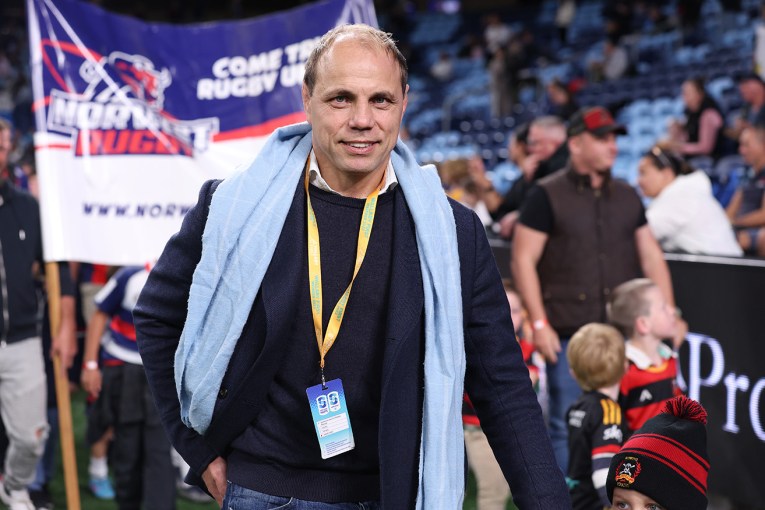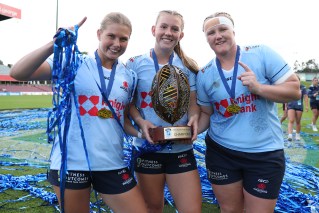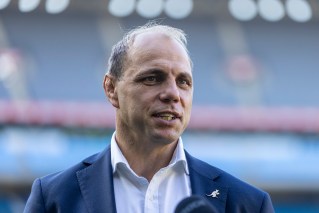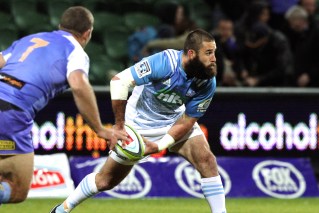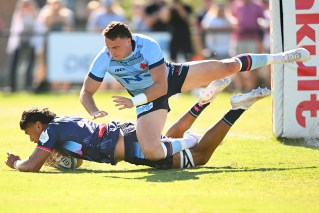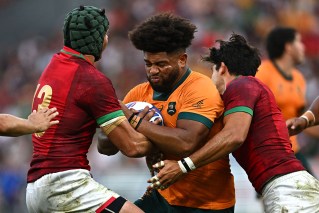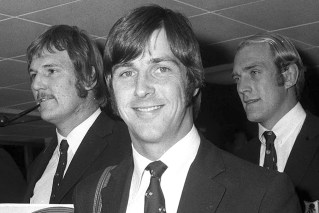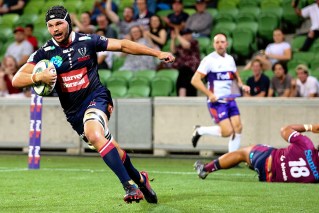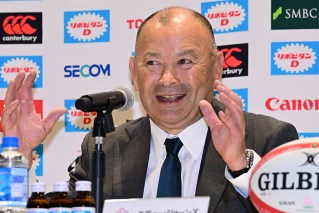ARU opens door for Wallaby sabbaticals
The risk of losing star Wallabies like Israel Folau after the 2015 World Cup has prompted the Australian Rugby Union to change its rules to allow overseas sabbaticals.
The ARU board has approved the introduction of ‘flexible contracts’ for a select number of players who commit their future to Australian rugby on long term-deals.
From 2016, the ARU will have the ability to offer players the opportunity to play one season in a foreign domestic competition during a long-term contract.
In addition, players who represent Australia in sevens at the Rio Olympic Games will be allowed to play the 2016-17 Japanese domestic season without affecting their eligibility for the Wallabies upon their return in 2017.
Players like fullback Folau and halfback Will Genia are among the biggest targets for cashed-up foreign clubs looking for Test stars after the next World Cup.
The ARU has traditionally prevented overseas-based players representing the Wallabies.
But the new flexible contracts allow the national body and Super Rugby provinces to reward players deemed to be making a significant contribution to the code in Australia.
ARU CEO Bill Pulver said the new policy would help retain players long-term.
“We’ve recognised that in the context of an increasingly global market for rugby players that we need to take a more flexible approach to player contracting,” Pulver said.
“As such, we need to be proactive and adapt our policies to best serve the interests of rugby in Australia.
“By adopting a flexible contracting model, we’re creating a platform for our players to experience what rugby has to offer in Australia and abroad, all while maintaining their allegiance to Australian rugby over a long-term period.
“We’re confident this flexibility will encourage players to make significant long-term commitments to Australian rugby and help us to minimise the number of players who permanently re-locate to foreign leagues.
“Decisions regarding all flexible contracts will be made on a case-by-case basis, understanding that our key priority remains that the Wallabies and Super Rugby provinces have a strong and deep playing pool of talent available each year.”
